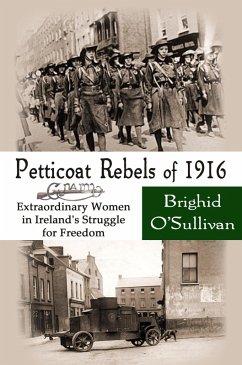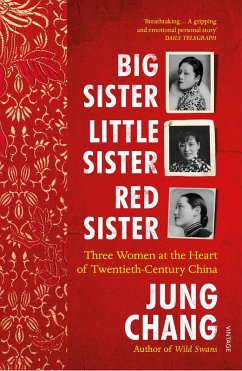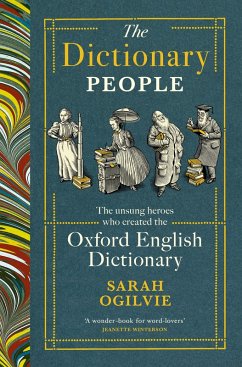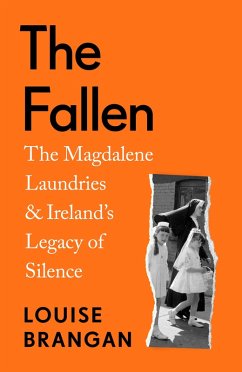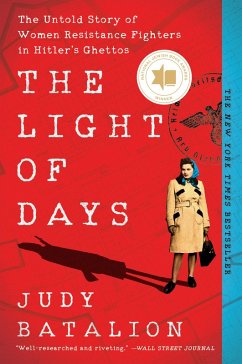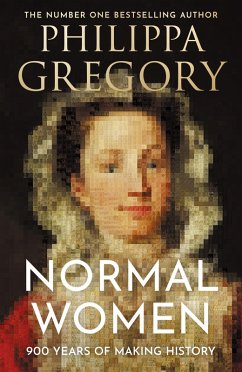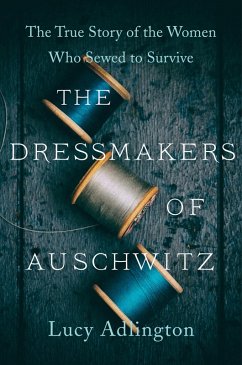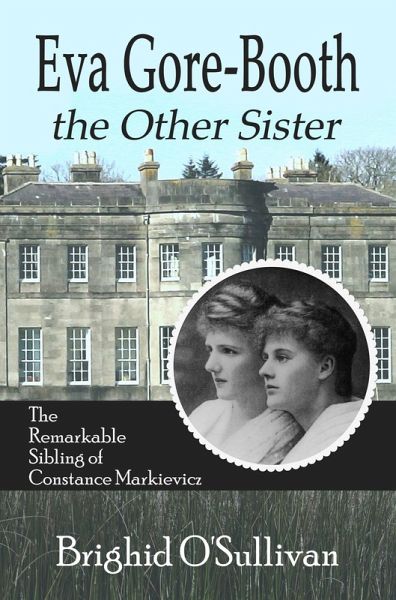
Eva Gore Booth, the Other Sister (eBook, ePUB)

PAYBACK Punkte
0 °P sammeln!
Why would a wealthy Anglo/Irish woman choose to leave the splendor of her large exquisite family home nestled in the lush green hills of Ireland, her own private gardens, and a fairy tale palace where everyone loved her, to live in the slums of Manchester?By the late 20th century, Europe was not only a battlefield, but living conditions of many European cities were only slightly better to those in war torn countries. Tensions rose while topics such as socialism, women's rights, worker's reform, and Home Rule in Ireland set fuses for what was to become one of the most turbulent times in Europea...
Why would a wealthy Anglo/Irish woman choose to leave the splendor of her large exquisite family home nestled in the lush green hills of Ireland, her own private gardens, and a fairy tale palace where everyone loved her, to live in the slums of Manchester?
By the late 20th century, Europe was not only a battlefield, but living conditions of many European cities were only slightly better to those in war torn countries. Tensions rose while topics such as socialism, women's rights, worker's reform, and Home Rule in Ireland set fuses for what was to become one of the most turbulent times in European history. The world was changing but not without much bloodshed both in Socialist countries and at home. Eva Gore Booth yearned to change all that but how?
The war to end all wars raged on while men, women, and children were dying of starvation. Many lived in countries far from the front. With young men choosing to earn a living as soldiers in the 1st World War, women went to work in factories, coal mines, or pubs. This presented new problems for society. They earned a fraction of what the men were paid, worked in poor conditions, and had no legal rights. The Woman's right to Vote was one of the first controversial issues that Eva Gore Booth took up when she was only a teenager. Throughout her life she would also fight for justice, write letters against conscription. She obtained an audience with the King of England to try and gain a pardon for Roger Casement who was accused of treason. She did all this while suffering from ill health and making numerous visits between England and Ireland to visit her sister, Constance who was often in prison.
Eva loved everyone and she fought for the underprivileged. Due to her pacifist beliefs, her voice was not usually the loudest. That voice belonged to her sister, Constance Markievicz, who at first joined the cause of Women's Suffrage alongside Eva but soon switched to a different struggle, a loud, rebellious, militant fight for Irish freedom.
This biography is a short book about Eva Gore Booth's remarkable life and that of the ties between two sisters.
By the late 20th century, Europe was not only a battlefield, but living conditions of many European cities were only slightly better to those in war torn countries. Tensions rose while topics such as socialism, women's rights, worker's reform, and Home Rule in Ireland set fuses for what was to become one of the most turbulent times in European history. The world was changing but not without much bloodshed both in Socialist countries and at home. Eva Gore Booth yearned to change all that but how?
The war to end all wars raged on while men, women, and children were dying of starvation. Many lived in countries far from the front. With young men choosing to earn a living as soldiers in the 1st World War, women went to work in factories, coal mines, or pubs. This presented new problems for society. They earned a fraction of what the men were paid, worked in poor conditions, and had no legal rights. The Woman's right to Vote was one of the first controversial issues that Eva Gore Booth took up when she was only a teenager. Throughout her life she would also fight for justice, write letters against conscription. She obtained an audience with the King of England to try and gain a pardon for Roger Casement who was accused of treason. She did all this while suffering from ill health and making numerous visits between England and Ireland to visit her sister, Constance who was often in prison.
Eva loved everyone and she fought for the underprivileged. Due to her pacifist beliefs, her voice was not usually the loudest. That voice belonged to her sister, Constance Markievicz, who at first joined the cause of Women's Suffrage alongside Eva but soon switched to a different struggle, a loud, rebellious, militant fight for Irish freedom.
This biography is a short book about Eva Gore Booth's remarkable life and that of the ties between two sisters.
Dieser Download kann aus rechtlichen Gründen nur mit Rechnungsadresse in A, B, CY, CZ, D, DK, EW, E, FIN, F, GR, H, IRL, I, LT, L, LR, M, NL, PL, P, R, S, SLO, SK ausgeliefert werden.




